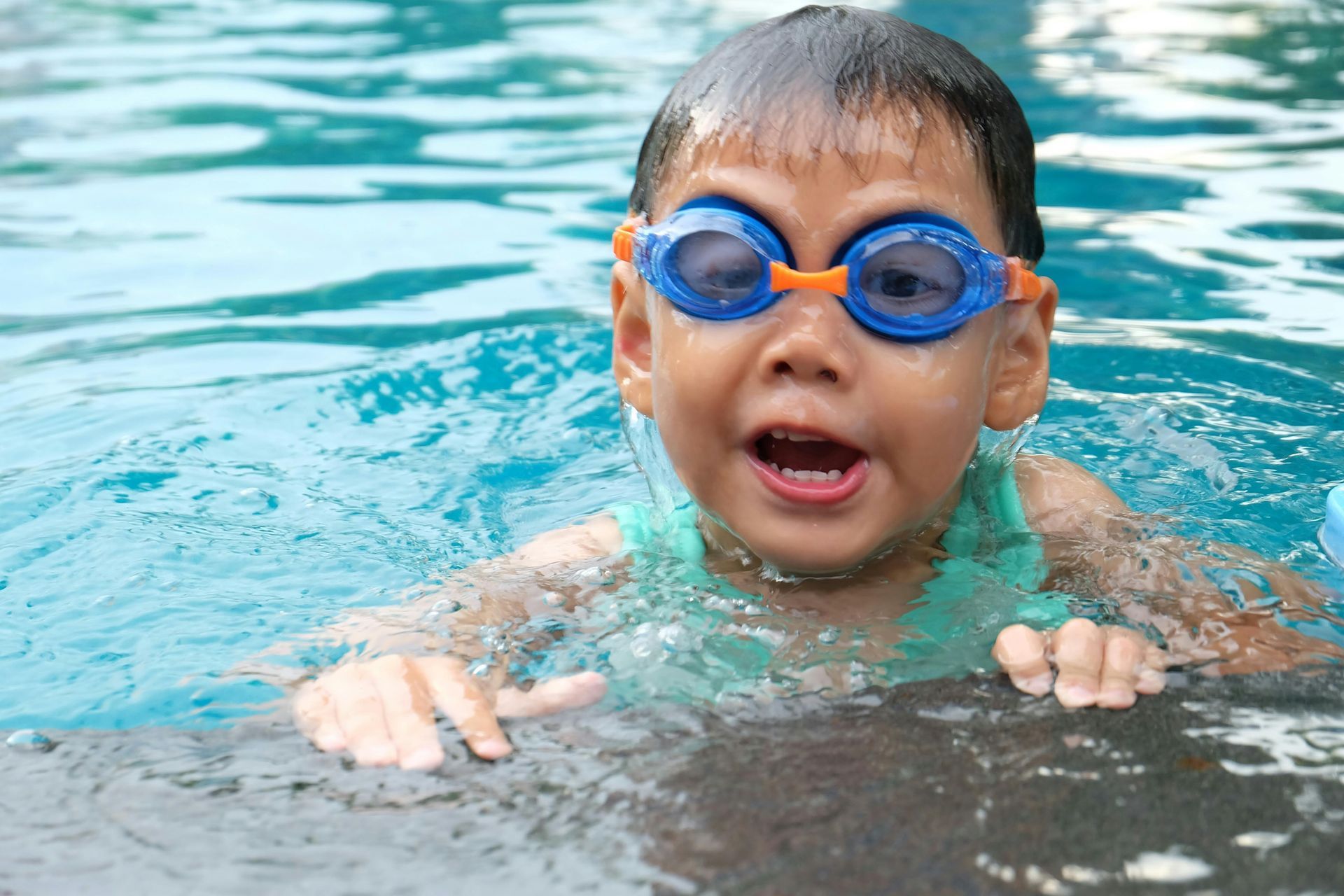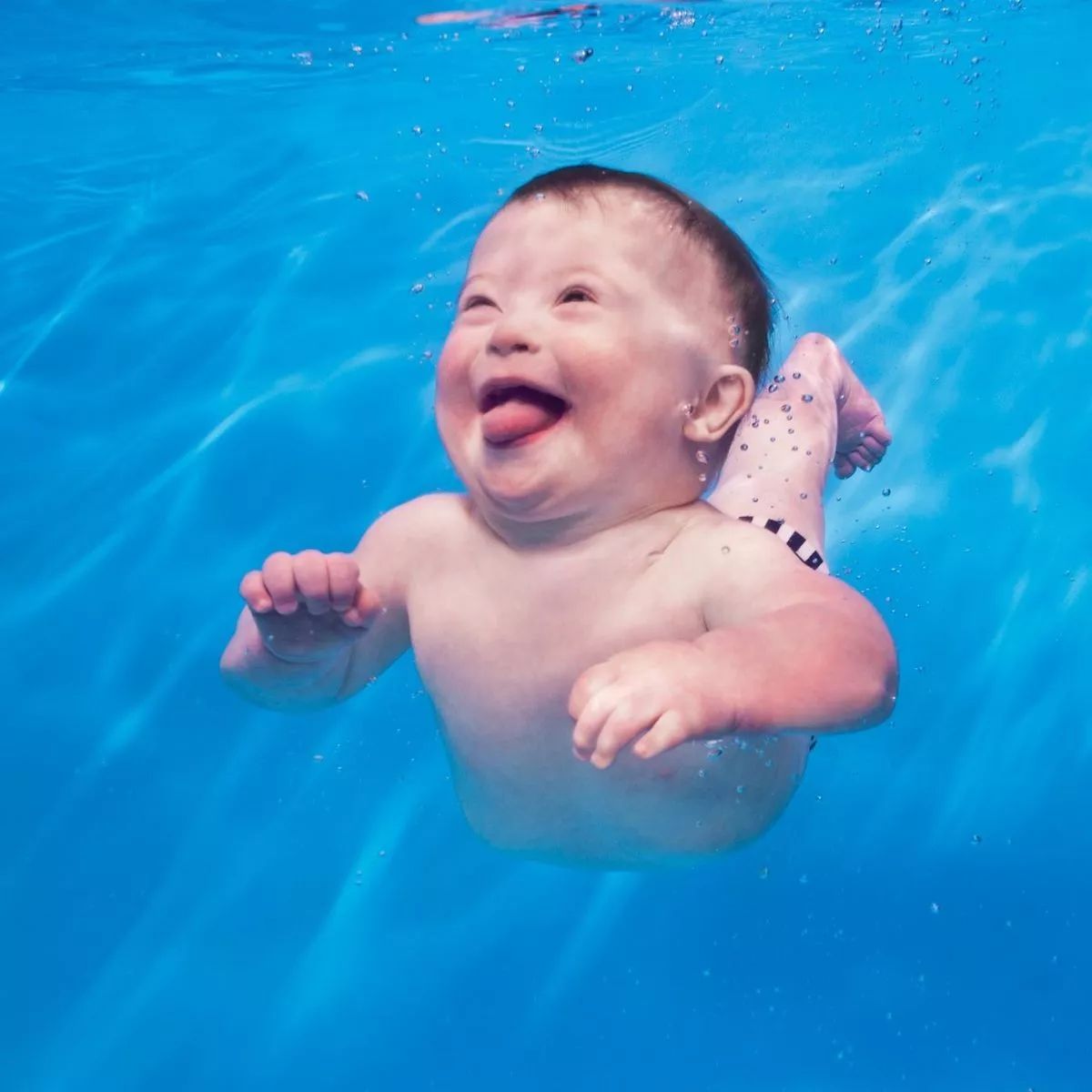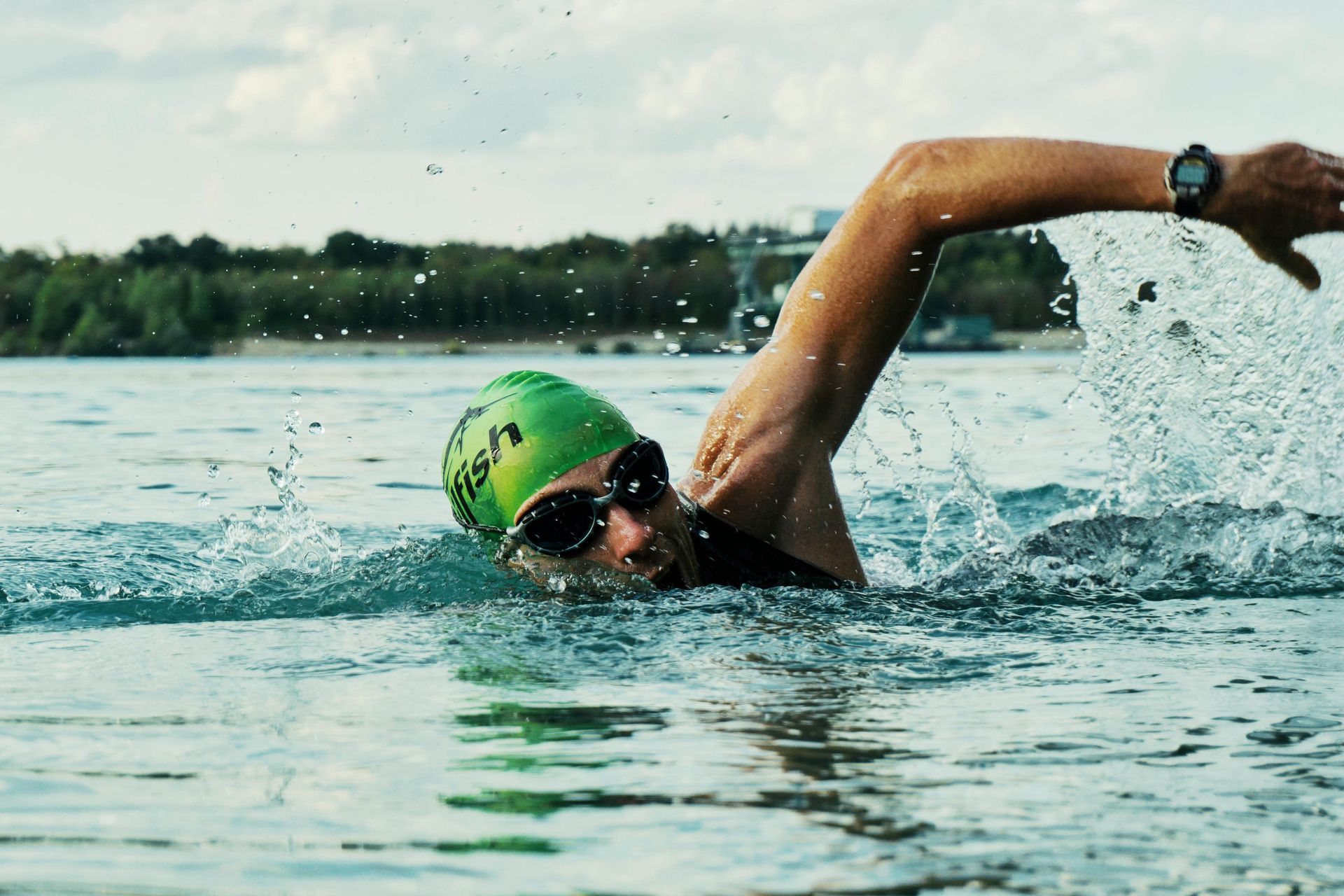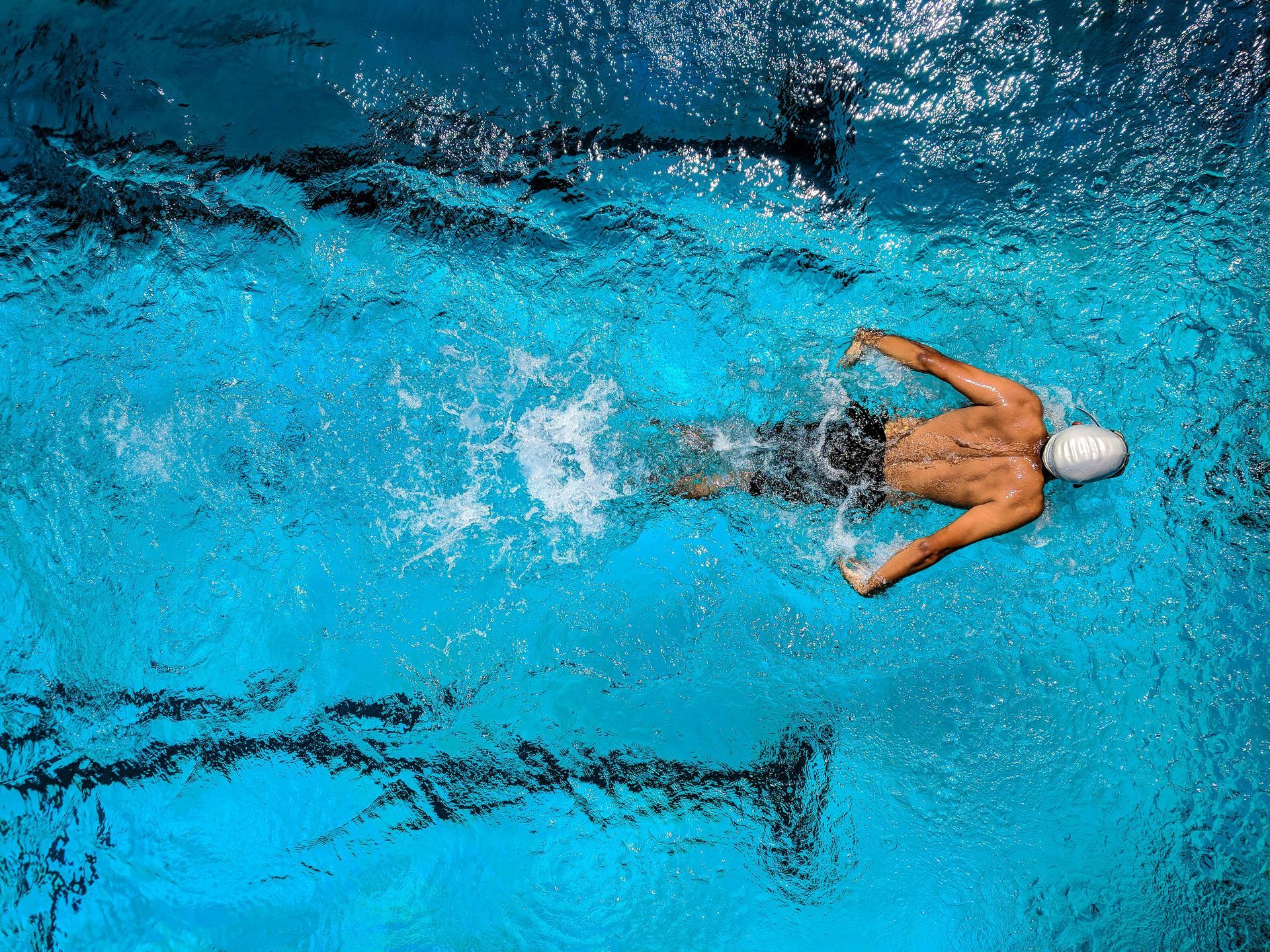SWIMMING: The sport that is suitable for all ages
"Stronger in Water: Train Where Gravity Can’t Stop You"
Aquatic training isn’t just swimming — it’s a scientifically backed, low-impact powerhouse for building strength, mobility, and recovery in ways land-based workouts can’t.
Whether you're a child learning coordination, an athlete enhancing endurance, a senior restoring joint mobility, or someone managing chronic pain or special needs — aquatic training uses the resistance, buoyancy, and hydrostatic pressure of water to train smarter, recover faster, and move better.
"In water, every child is lighter — not just in body, but in spirit."

For children with Autism Spectrum Disorder (ASD), water offers more than play — it provides deep pressure input and sensory regulation, calming the nervous system in ways traditional therapy often cannot. A 2018 study published in Frontiers in Psychology showed that swimming significantly improved social responsiveness and motor control in children with ASD. Similarly, children with ADHD benefit from the rhythmic, repetitive movement of swimming, which enhances focus, self-regulation, and attention span.

Kids with cerebral palsy or Down syndrome also thrive in aquatic environments, where they experience improved core strength, flexibility, range of motion, and a noticeable boost in confidence. These benefits are rooted in science: aquatic therapy enhances proprioceptive feedback, a crucial sensory system often underdeveloped in neurodiverse children — helping them better understand and control their bodies.

But the benefits of swimming go even further. According to the CDC, drowning is the #1 cause of accidental death in children aged 1–4, making swim lessons not just helpful — but lifesaving. Beyond safety, swimming lays a powerful foundation for brain development. A study by Griffith University found that early swimmers outperformed their peers in language, math, and literacy, and research continues to link bilateral motor coordination from swimming to stronger cognitive function.

Why? Because when a child learns to move both sides of their body in harmony, it strengthens communication between the brain's hemispheres — which is vital for learning, memory, and executive function. As one therapist put it: “The pool is the one place where a child with challenges doesn’t feel limited — they feel free.” In the water, children don’t just learn to swim — they unlock the strength, focus, and confidence to thrive beyond it.

"IN THE WATER, THE MIND BEGINS TO SHARPEN."
Regular swimming has been shown to increase levels of BDNF (Brain-Derived Neurotrophic Factor) — a powerful protein linked to improved learning, memory, and brain resilience. At the same time, it naturally reduces cortisol, the stress hormone responsible for anxiety and depression — a major win for teens navigating academic and emotional pressures. According to Harvard Health, swimming can be a powerful tool for managing mental health. For those in competitive swimming, the benefits go even deeper: it fosters goal-setting, time management, and self-discipline — core skills tied directly to academic and life success. 📚 And science backs it all up — aerobic exercise like swimming stimulates hippocampal growth, the part of the brain responsible for memory, learning, and emotional regulation. In other words, every lap is brain training at its finest.
"The Water Doesn't Know How Old You Are."
"What if one activity could train your heart, sculpt your body, and calm your mind — all at the same time?"
That’s the power of swimming. It’s one of the few workouts that engages nearly every major muscle group, torching 500–700 calories per hour, while remaining gentle on your joints. Whether you're managing joint pain, recovering from injury, or just looking for a low-impact way to stay fit, swimming delivers results without the wear and tear. More than just physical, it’s deeply therapeutic — a study published in Psychology of Sport and Exercise found that swimming significantly reduces stress and improves mood, especially in busy working adults. 📚 And science agrees: aquatic exercise activates the parasympathetic nervous system, lowering blood pressure and improving heart rate variability — two critical markers of long-term cardiovascular health and emotional balance.

"You can't put a limit on anything. The more you dream, the farther you get."

"In the water, age doesn’t weigh you down — it sets you free."
Imagine stepping into a pool where gravity loosens its grip, and every movement feels smooth, effortless, almost ageless. That’s the quiet magic of water: its natural buoyancy reduces joint stress by up to 90%, creating a safe haven for those with arthritis, osteoporosis, or balance concerns. For many seniors, swimming isn’t just exercise — it’s liberation. Research from the Journal of Aging and Physical Activity found that older adults who swim regularly experience better balance, smoother coordination, and sharper mental clarity. And beyond the physical grace it restores, swimming also boosts blood flow to the brain — a powerful factor in protecting against dementia and heart disease as we age. In a world where aging often means slowing down, the water whispers a different story: "You’re not done. You’re just getting started."

Interested in our services? We’re here to help!
We want to know your needs exactly so that we can provide the best solution. Let us know what you want and we’ll do our best to help.


